Chapter 1: Python Fundamentals and Best Practices
- Advanced Data Types and Data Structures
- Functional Programming Techniques
- Exception Handling and Error Management
- Pythonic Coding Practices
- Memory Management and Performance Optimization
- Understanding Python’s Execution Model
- Unit Testing and Test-Driven Development
Chapter 2: Object-Oriented Programming in Depth
- Advanced Class and Instance Management
- Inheritance and Polymorphism
- Metaprogramming and Decorators
- Design Patterns in Python
- Magic Methods and Operator Overloading
- Abstract Base Classes and Interfaces
- Advanced Topics in Python Metaclasses
Chapter 3: Asynchronous Programming and Concurrency
- Introduction to Asynchronous Programming
- Using asyncio for Asynchronous I/O
- Concurrent Futures and ThreadPoolExecutor
- Asynchronous Frameworks: aiohttp, Trio, Curio
- Concurrent Data Structures and Synchronization
- Advanced Coroutine Patterns
- Performance Tuning in Asynchronous Applications
Chapter 4: Web Development with Python
- Introduction to Web Development in Python
- Web Frameworks: Django and Flask
- RESTful APIs with Flask-RESTful
- Authentication and Authorization
- Handling Websockets with Flask-SocketIO
- Deployment Strategies and Best Practices
- Performance Optimization for Web Applications
Chapter 5: Data Science and Machine Learning with Python
- Introduction to Data Science Libraries: NumPy, Pandas, Matplotlib
- Data Cleaning and Preprocessing Techniques
- Supervised Learning Algorithms with Scikit-Learn
- Unsupervised Learning Techniques
- Deep Learning with TensorFlow and Keras
- Model Evaluation and Hyperparameter Tuning
- Deploying Machine Learning Models
Chapter 6: Advanced Python Networking
- Socket Programming in Python
- Working with TCP/IP and UDP Protocols
- Building Networked Applications with Twisted
- Web Scraping and Crawling with Requests and BeautifulSoup
- Building RESTful APIs with Flask and FastAPI
- Security Considerations in Networked Applications
- Real-time Communication with WebSockets
Chapter 7: Python for DevOps and System Administration
- Automating System Tasks with Python
- Managing Infrastructure with Ansible and Fabric
- Monitoring and Logging with Python
- Containerization with Docker and Kubernetes
- Infrastructure as Code with Terraform
- Continuous Integration and Deployment Pipelines
- Cloud Computing with Python: AWS, Azure, GCP
Chapter 8: Advanced Python Techniques for Security
- Secure Coding Practices
- Cryptography and Encryption
- Authentication and Authorization Mechanisms
- Secure Communication Protocols: SSL/TLS
- Web Application Security: OWASP Top 10
- Secure File Handling and Input Validation
- Security Auditing and Penetration Testing
Chapter 9: Python for Scalable and Distributed Systems
- Introduction to Scalability and Distributed Systems
- Building Scalable Architectures with Microservices
- Message Brokers: RabbitMQ, Kafka
- Distributed Computing with Celery
- Consistency and Replication in Distributed Systems
- Handling Failures and Fault Tolerance
- Performance Monitoring and Optimization
Chapter 10: Advanced Python Projects and Case Studies
- Building a Real-Time Chat Application with Flask-SocketIO
- Developing a Distributed Task Queue with Celery and RabbitMQ
- Implementing a Machine Learning Pipeline for Predictive Maintenance
- Creating a Scalable Web Scraping Framework with asyncio
- Designing a Secure RESTful API with FastAPI and JWT Authentication
- Deploying a Containerized Microservices Architecture on Kubernetes
- Contributing to Open Source Python Projects
Python Development Tools:
– Integrated Development Environments (IDEs): PyCharm, VS Code, Spyder
– Version Control Systems: Git, GitHub, GitLab
– Package Management: pip, conda
– Virtual Environments: venv, virtualenv, conda environments
– Testing Frameworks: unittest, pytest
– Continuous Integration (CI) Tools: Jenkins, Travis CI, CircleCI
– Code Quality and Static Analysis: Pylint, Flake8, mypy
– Profiling and Debugging: cProfile, line_profiler, pdb
– Documentation Generation: Sphinx, MkDocs
– Collaboration and Communication: Slack, Microsoft Teams, Zoom
Requirements
- 1. Proficiency in Python Programming: Students should have a solid foundation in Python programming, including knowledge of basic data types, control structures, functions, and object-oriented programming concepts. This prerequisite ensures that students are prepared to dive into advanced topics and can effectively understand and apply the more complex concepts covered in the course.
- 2. Familiarity with Software Development Concepts: A basic understanding of software development principles and practices is essential for success in the course. This includes knowledge of topics such as version control (e.g., Git), testing methodologies, debugging techniques, and basic software architecture concepts. Students with prior experience in software development will be better equipped to understand and implement the advanced Python development concepts covered in the curriculum.
Features
- 1. Hands-On Project-Based Learning: Students will engage in practical, real-world projects throughout the course, allowing them to apply the theoretical knowledge gained in each chapter to solve practical problems. For example, they may build a web application using Django or Flask, develop a machine learning model for predictive analytics, or implement a distributed task queue using Celery and RabbitMQ. These projects provide valuable hands-on experience and reinforce understanding of advanced Python development concepts.
- 2. Expert-Led Instruction: The course is led by experienced instructors who are experts in Python development and related fields such as data science, web development, and system administration. These instructors guide students through each chapter, providing in-depth explanations, practical examples, and personalized feedback to ensure that students grasp advanced concepts and techniques effectively. Their expertise enriches the learning experience and equips students with valuable insights and industry best practices.
- 3. Comprehensive Curriculum with Diverse Applications: The curriculum covers a wide range of topics in advanced Python development, including object-oriented programming, asynchronous programming, web development, data science, machine learning, networking, security, and DevOps. This comprehensive approach ensures that students gain a deep understanding of Python's versatility and its applications across various domains. By exploring diverse topics and working on interdisciplinary projects, students develop versatile skills that are highly sought after in today's job market.

